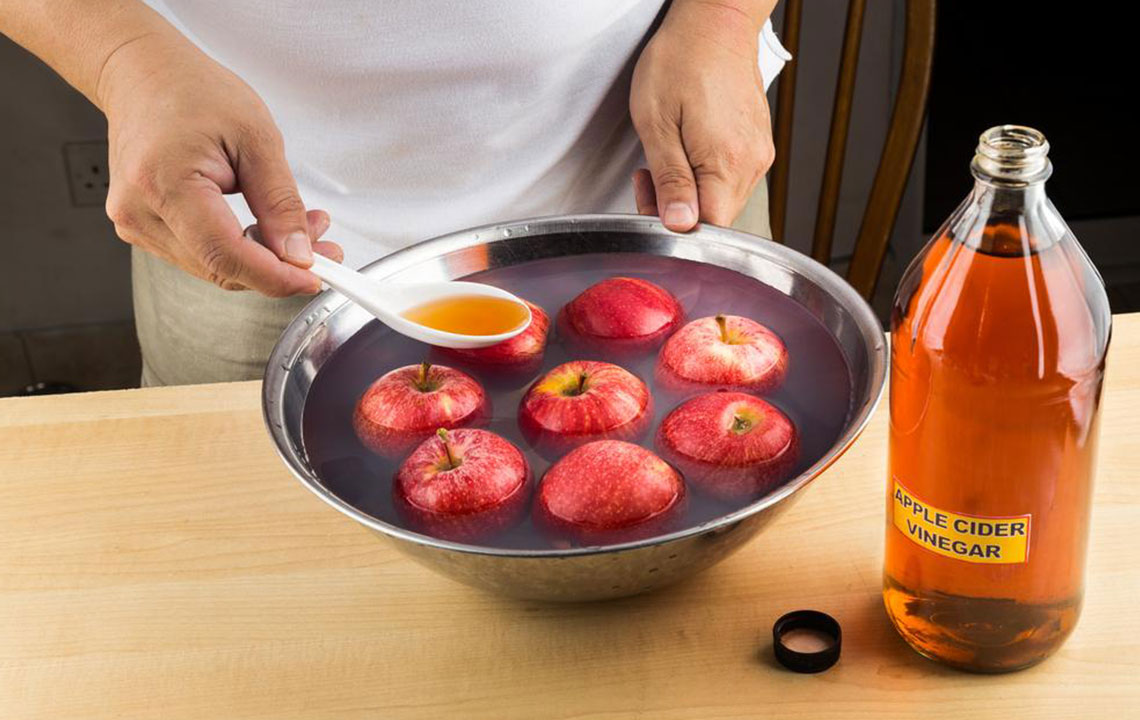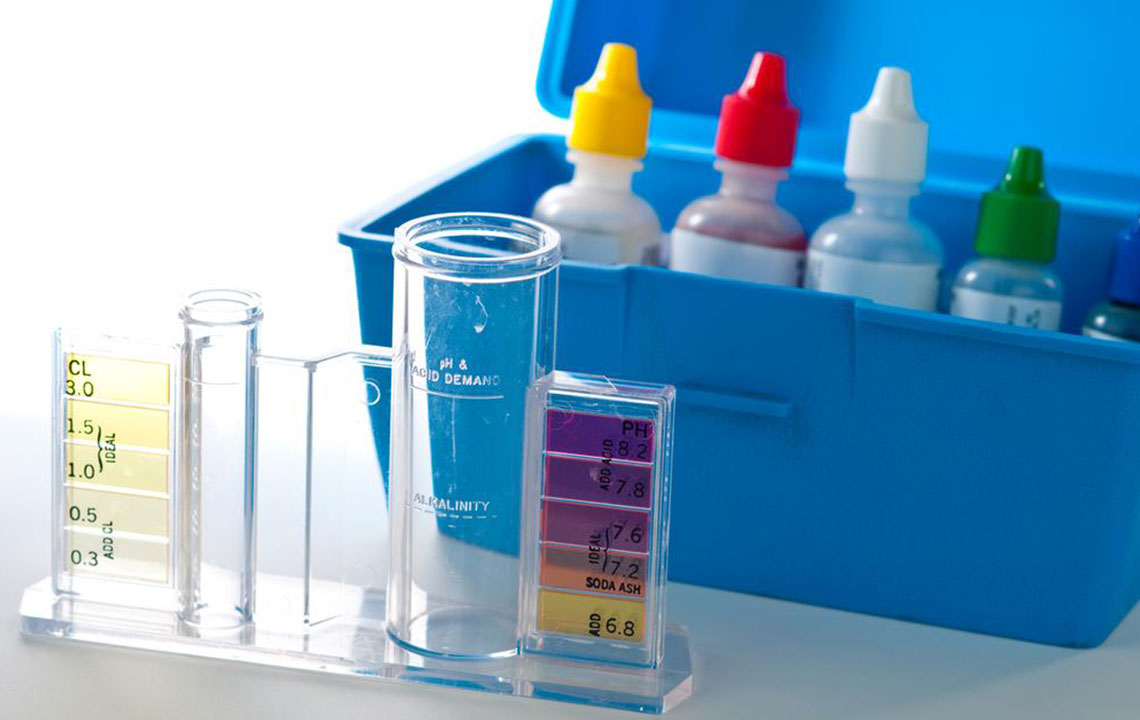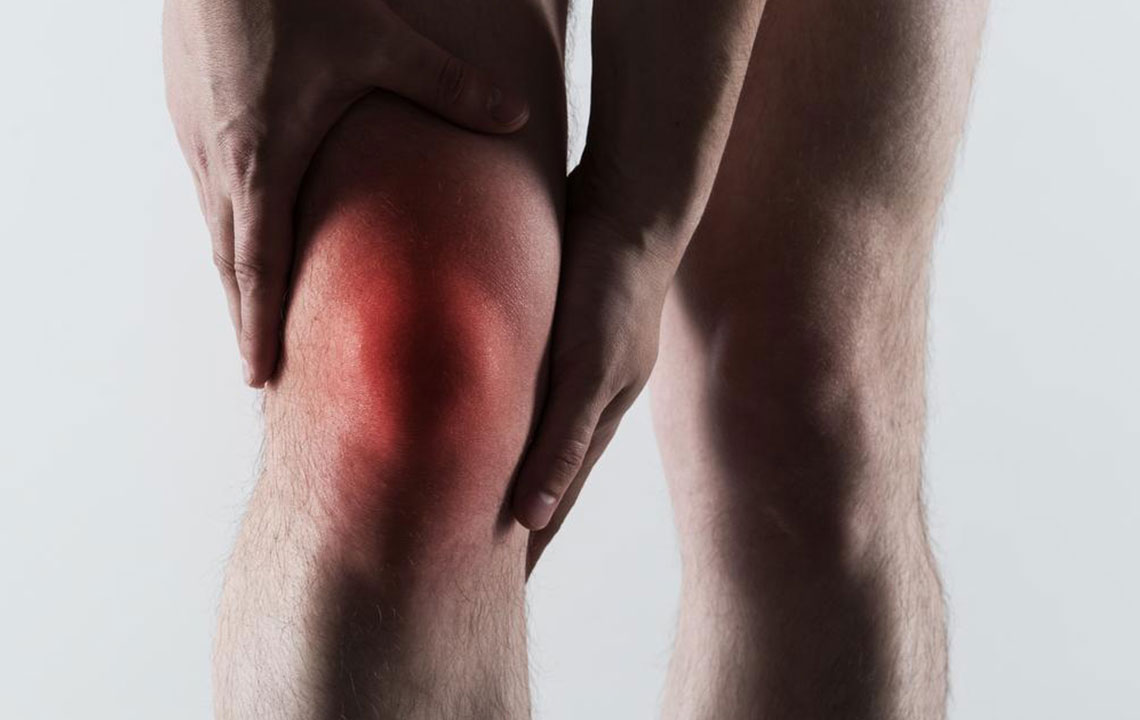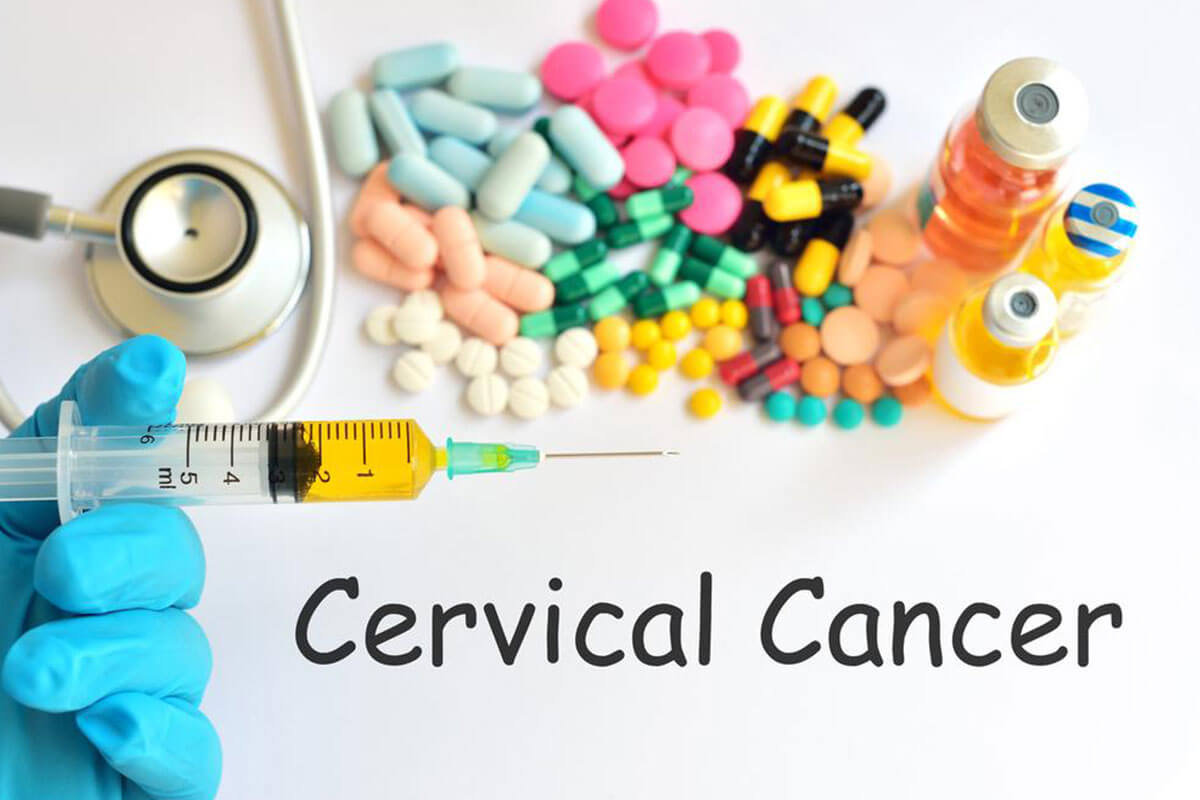
Diet
Dietary Management of Crohn’s Disease
Crohn’s disease is that of the intestines wherein there is chronic inflammation. The frequent occurrence of Crohn’s disease is in the small intestines. The effects of this disease are in the intestines; thereby, causing digestive tract disorders, pain in the lower abdomen, and diarrhea. There is no reason to accord how external nutrition can help benefit the inflammation associated with the disease, but some research has helped support the claim. The management plan of a Crohn’s disease patient should be discussed with the patient taking into account the activity and behavior of the disease. In one study, it was exhibited that the patients who had an intake of half of their total daily calorie requirements in the form of elemental diet and regular diet had a lower relapse rate had a significantly lower relapse rate compared to patients who received unrestricted normal diet compared to the patients who were administered unrestricted normal diet. This data helps evidence that supplementary enteral nutritional may help with the remissions caused by Crohn’s Disease. This can be considered as an adjunct to the drug therapy being administered. It is seen that certain foods trigger the impact of the disease and inflammation. Self-management and a diet plan for Crohn’s disease is formulated by learning to avoid these food triggers, which might help in the healing of the intestinal health.













